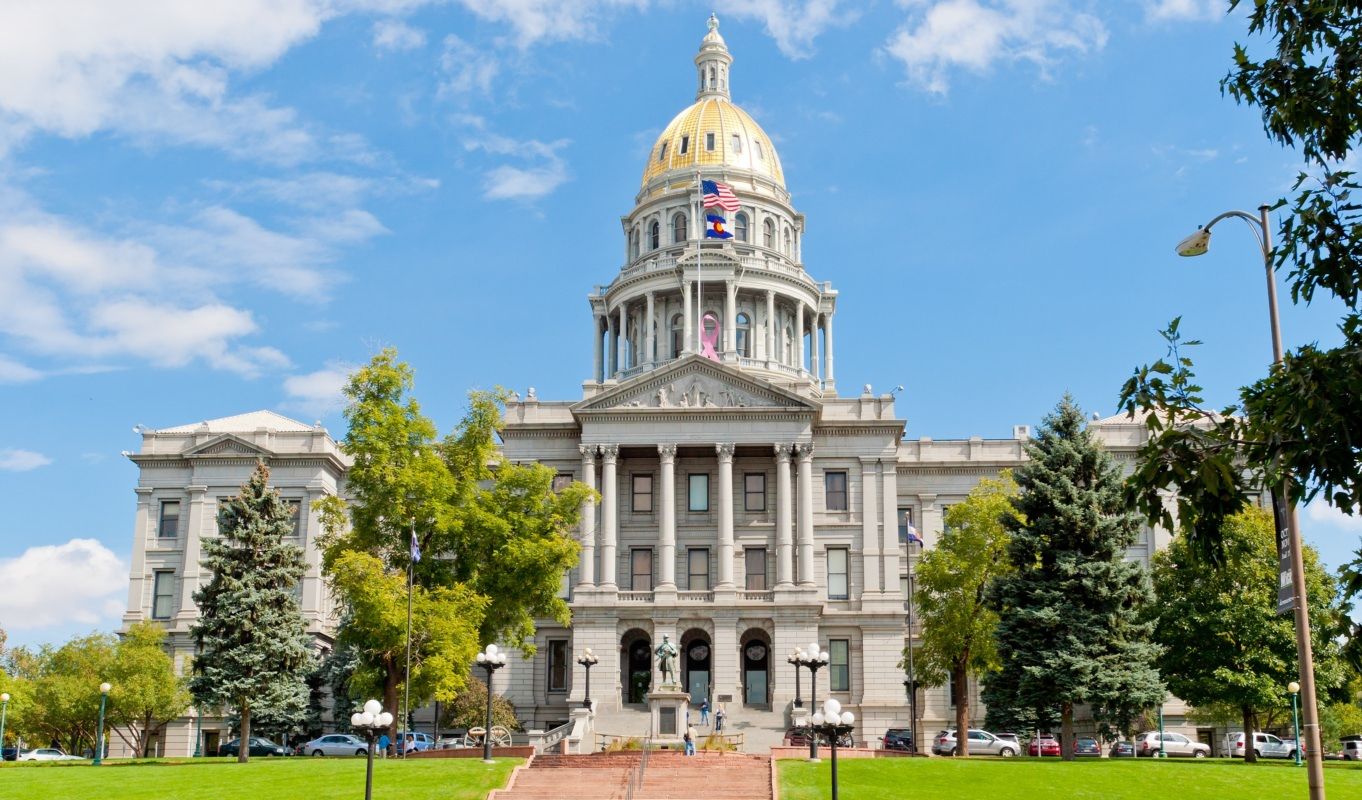Prospective businesses laid the groundwork in anticipation that lawmakers would legalize the recreational use of marijuana in New Jersey.
They scouted locations, talked with municipal officials and worked with consultants. Some even secured real estate.
But with a recreational market now still a ways off as legislators abandoned ship on their efforts to legalize it, these prospective businesses now feel let down. However, their time and expense haven’t necessarily been squandered by the measure’s apparent demise, experts said.
“Certainly, there are people from all sides who are disappointed whether they were looking at (adult use) as a social-justice remedy or business opportunity,” said Scott Rudder, president of the New Jersey CannaBusiness Association.
Indeed, now that adult use has stalled, businesses can refocus efforts on the state’s medical marijuana market with the hope that position will provide them a priority position in an eventual recreational market.
New Jersey lawmakers have quickly moved forward to expand the state’s once highly restrictive MMJ program.
The state Senate moved an expansion bill forward on Thursday, following the Assembly’s approval last week.
The Senate amended the Assembly bill to allow marijuana workers to join unions, so now it will go back to the Assembly for a vote to approve the change.
If the amended measure passes the Assembly again, it then will go to the desk of Gov. Phil Murphy.
The MMJ bill calls for up to 23 cultivation licenses, with dispensary and processing growth to be determined by a new cannabis regulatory agency.
New Jersey’s MMJ program has gained traction under Murphy, thanks in large part to his decision to increase the number of qualifying conditions. Additional strong growth is projected.
The MMJ expansion measure, if enacted into law, will open up opportunities for entrepreneurs and others to bid on individual grower, processing and dispensary licenses. To date, the state has issued 12 vertically operated licenses with strict dispensary limits.
Efforts not in vain
Cannabis attorney Bridget Hill-Zayat of the Hoban Law Group said most of the firm’s clients that were eyeing adult use in New Jersey were sophisticated investors such as multistate operators.
Their preparation included scouting out municipalities that supported adult use, cultivating relationships with those municipal officials and looking at potential properties.
The efforts often included hiring consultants, lobbyists and other services, Hill-Zayat said, but “to go out and get a location would have been premature.”
Her clients, she continued, now probably figure their efforts are part of the general cost of doing business.
“Most folks assume (recreational) will pass by ballot measure in 2020, so the effort is not wasted, in my opinion,” she said.
Cannabis attorney Rob DiPisa of New Jersey law firm Cole Schotz said he knows of people who secured real estate, such as through an option to buy property contingent on receiving a marijuana license.
“We tried to advise clients not to make a huge commitment, but certain people overprepared,” he said.
Making the pivot to medical
Those who went all-in on recreational legalization are understandably disappointed, Rudder said, especially since Gov. Murphy, who campaigned on changing the state’s marijuana laws, wanted to get it done quickly.
But most investors and businesses, Rudder said, are trying to position themselves with medical marijuana licenses in hopes of gaining entry into a rec market when legalization does arrive.
So, the current situation for many requires just a minor shift in strategy or one’s business plan, he and others said.
Nic Easley, a national cannabis consultant and CEO of Denver-based 3C Consulting, told Marijuana Business Daily in March that investors not only should think strategically about an MMJ location that could be converted into adult use but also of a potential New Jersey/New York “border play.”
For example, in other parts of the country, owners have located dispensaries near borders to draw customers from neighboring states.
The key is making sure the municipality is going to allow rec cannabis.
“The worst thing in the world is to have a great dispensary location but you can’t transition it into adult use because the municipality has banned it,” Easley said.
Some turning away from NJ opportunities
DiPisa said some investors have experienced the turmoil in New Jersey over adult use “and have set their sights elsewhere.”
“Some people are saying, ‘I don’t want to tie up all of my liquidity in New Jersey when New York is breathing right down its neck,’ so some have pumped the brakes,” he said.
Some also have become jaded by New Jersey’s MMJ licensing opportunity, DiPisa added, seeing it as a “one-in-a-million chance.”
“Some people are done with it,” he said.
But DiPisa added he believes the state’s next call for medical marijuana license applications will make people realize there are still a lot of business opportunities.
Voters now expected to decide
With a legislative solution for rec cannabis fading, experts expect the legalization question will go on the ballot by 2020 – and pass.
Rudder is concerned about the adult-use issue being decided by ballot referendum rather than in a detailed piece of legislation.
He noted New Jersey has an unusual process in which the measure would have to be placed on the ballot by the state Legislature as a constitutional amendment.
Unforeseen impacts with standard legislation can easily be remedied, but it’s harder to make changes to a constitutional amendment, Rudder noted.
“It can be done, but it’s not practical,” he said.
Jeff Smith can be reached at jeffs@mjbizdaily.com





